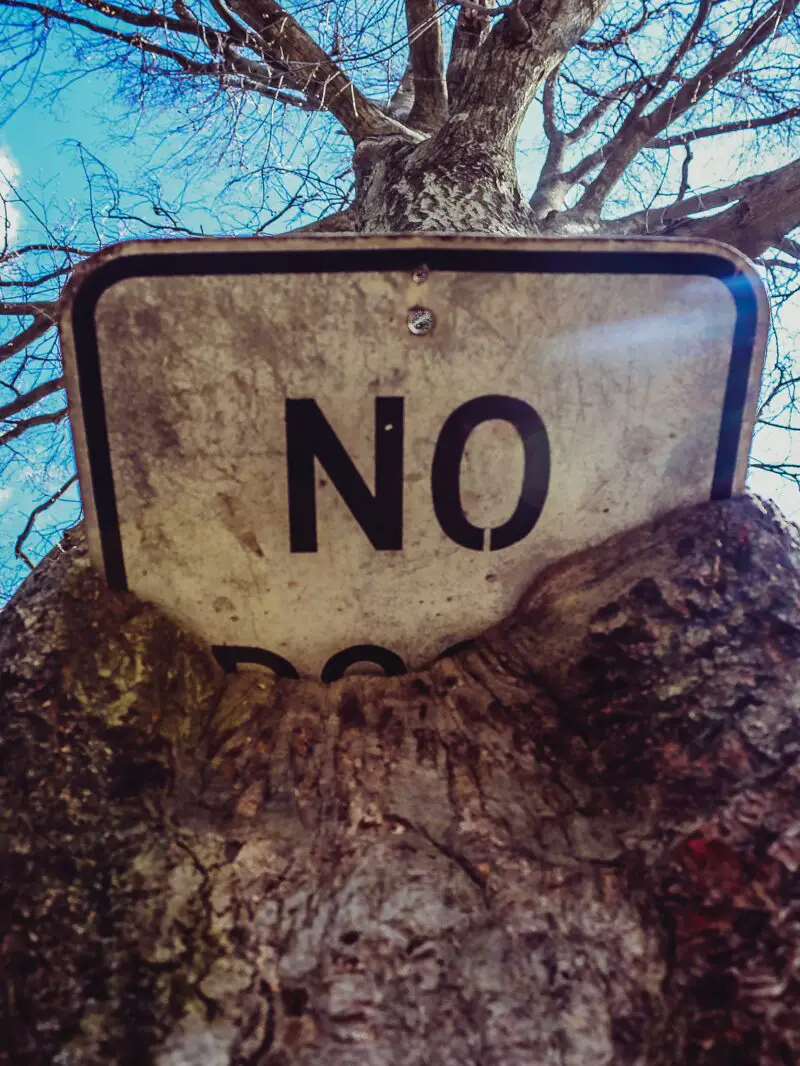Shock. Denial. Anger…
Most people will recognize the seven stages of grief most often associated with the tragic death of a loved one. I am a writer. I lose loved ones, too, but sometimes those loved ones are on paper or hidden in the magic of a computer file. And my experience has been that those stages of grief kick in as soon as I receive…the dreaded rejection letter!
Related: 5 Writing and Publishing Myths Debunked (Sort of)
So, here are the Seven Stages of Rejection:
Shock
It’s not possible. This was the best novel (story, article, or poem – fill it in with whatever fits) that I’ve ever written. The best anyone has ever written. It checked every box the publisher asked for and maybe a few extras. They couldn’t possibly have turned it down.
Denial
Wait a minute! Is that my name at the top of the letter? Did they get the title of the piece correct? Maybe, they sent this letter to the wrong person. Mine was supposed to be the other letter. The one that starts with ‘Congratulations’ or ‘We are pleased…’ Not the one that says thank you (for wasting our time) but unfortunately…

There is another type of denial. The one where you think that nobody actually read your work. Writers wonder all the time if their work is reaching an actual human being or just cycling in the cyberworld. When I was completing my first novel, I read that a major publisher was accepting unsolicited, unagented manuscripts for a new imprint intended to bring new voices to the publishing world. This was my debut work. How much newer could I be.
There was a 3-month window of time to submit these manuscripts and I had my book completed and ready to send late in the third month, but I made the deadline. It came back quickly. Not right for our list. I was devastated! Years later, after the novel had gone through many rewrites, many rejections, and was finally published, I heard an editor speaking at a conference. The editor had been part of that ‘new voices’ program and commented that they had received such a flood of manuscripts that after a couple of weeks, they just started sending them directly back. ‘Not right for our list.’ They never even got past the mailroom (this was in the days when mail meant snail mail because email hadn’t been invented yet).
Sometimes, denial is not so far-fetched.
Anger
The editors are dumb, dumber, dumbest. Somebody should make a movie. They wouldn’t know great writing if it landed in their laps, which by the way, my manuscript did. How could anyone who thinks they know anything about writing turn this down? Look at the terrible work that does get published. I wouldn’t even want them to publish mine. I’d be embarrassed to have my work appear…
Bargaining
I did know the ending was a little weak. But the beginning is so good. If you took this, I could work more on the ending. Did you notice my beautiful descriptions? The plot could move a little faster. I see that. But those metaphors! If I could just go over it one more time…
Depression
Face it! I’m the worst writer in the world. I don’t know how I had the audacity to even send this out. I’m a pretender. A wannabe. Of course, you turned this down. Anybody would have turned it down. Even I…
Acceptance and Hope
Of course, two other editors still have it. You never know. One of them might just love it. I was just reading the other day about how Joe Famous-Author said that his Pulitzer-prize winning work was turned down 30 times. I guess we writers just have to cope with this. Keep sending the work out. Keep writing. Keep trying. Maybe…
Processing
The end is weak. My writer’s group thought the pace could move a little faster. I know which scene to fix. I can cut some here and get right to the climax. I had an idea last night for how to add more tension to the ending. Maybe I could work on it just a little more…

I can’t tell you how many rejections I have received on the way to having my three novels and assorted short fiction, articles, and poetry find publication because I long ago lost count. And I did go through all of these stages many times—well, okay, every time!
I often find that I need to have a cooling-off period. The stages don’t go by quickly and it’s not a linear process. I often cycle between depression and acceptance many times before finally settling into processing—the part where I actually go back to my manuscript and put more work into it.
Most rejection letters are short and say little. Not right for our list at this time. (How about another time?) Was not what we were looking for. (Try looking a little harder.) Not quite right for our readers. (It could help attract other readers, don’t you think?)
Once in a while, a rejection letter will include something positive. We really enjoyed…Or some guidance. We thought the character was not quite convincing. Sometimes, those letters are the hardest to read. If you enjoyed some part of it, why not give me the chance to improve the rest. I could lose that character, although, I really love him.
Even though those rejection letters can be the hardest to read, they’re also the most useful. Not the first day that they arrive, though. I still have to get through the shock, anger, denial…but eventually. Somewhere at the end of depression and the beginning of acceptance, those comments have been gelling, rolling around in my head. If there were parts that you liked, maybe I can include more of that. I know how to fix the character, substitute a different character in that role, or perhaps just lose that character. He wasn’t necessary, anyway.
Related: 10 Tips for New Writers
And here’s the secret that I don’t always want to share. After I’ve read the comments and pouted and eaten a gallon of ice cream and thought it all over, I finally get down to work to revise and rewrite. When I’m finished, whether the new version gets accepted or not, it is almost always better. And in the end, my goal is to produce the best writing I possibly can. That is when I get the best results, the ones that read …
“Congratulations. We would be pleased to…”
